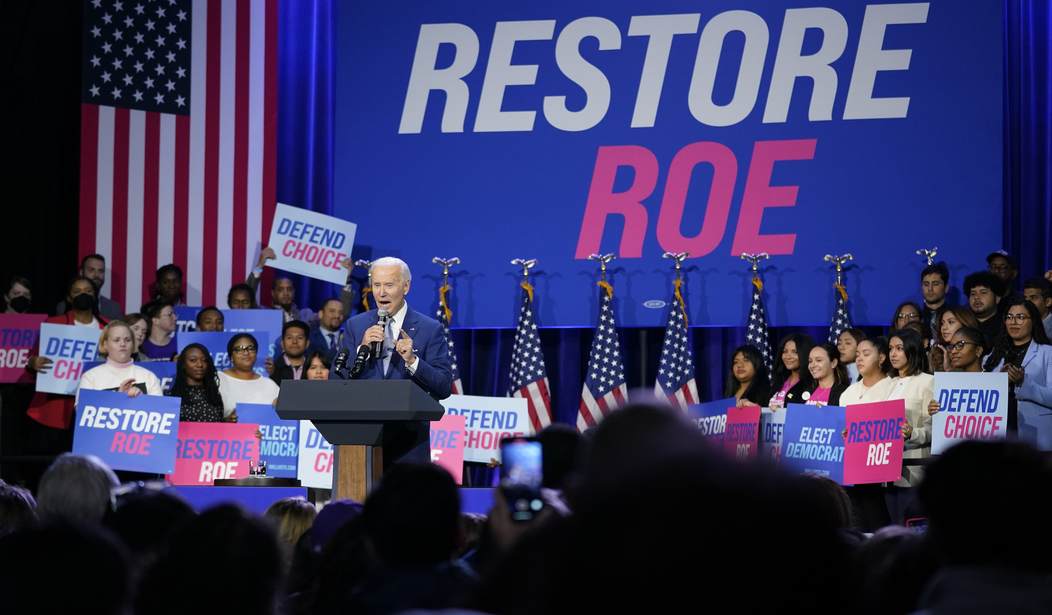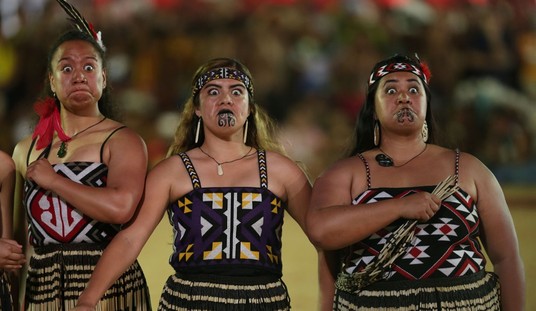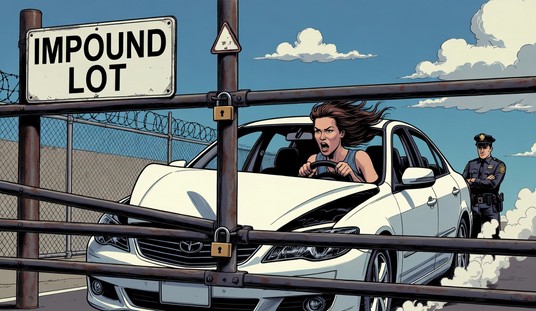When the Dobbs decision was handed down, there was much cause for celebration among those on the right. I remained skeptical. First, I believe that it is going to be impossible to legislate or litigate abortion out of existence. I think that requires a change of heart on the part of abortion proponents. And I’m not holding my breath. Second, I knew that the Left would never take no for an answer on the matter.
I was not surprised by the protests, the guerrilla warfare tactics of attacking pro-life centers, or the efforts to find workarounds to get women to states that offered abortions. I was surprised that no one had attempted to challenge the Supreme Court’s decision about abortion’s constitutionality. Well, someone has or is at least mulling the idea over. Namely, U.S. District Court Judge Colleen Kollar-Kotelly. Kollar-Kotelly believes that the key is the 13th Amendment, which prohibits slavery. Activists have been kicking the concept around for a while, but Kollar-Kotelly is testing the waters.
According to Fox News, on Monday, Kollar-Kotelly told lawyers to file briefs on the matter. She is in the middle of a trial of 10 pro-life activists who are facing charges under the FACE Act of illegally blocking access to a D.C. abortion clinic. One defendant has invoked the Dobbs decision that abortion is not protected by the Constitution and asked for a dismissal. Kollar-Kotelly is skeptical and wrote:
Defendant relies on the Supreme Court’s statement in Dobbs that ‘the Constitution does not confer a right to abortion.’ Over the past several months since its pronouncement, this statement is often read as the Court’s holding, i.e., that the Supreme Court held that no provision of the Constitution extends any right to reproductive health services. For its part, and without the benefit of a fuller briefing, the Court is uncertain that this is the case.
Kollar-Kotelly believes that she has found the grounds she needs in the 13th Amendment. She has drawn inspiration from several articles, including an op-ed in The Hill by Andrew Koppleman. In the piece, “Abortion and the 13th Amendment” from January of last year, Koppleman wrote in part:
Forced pregnancy’s violation of personal liberty is obvious. Restrictions on abortion also violate the amendment’s guarantee of equality, because forcing women to be mothers makes them into (what so much tradition defined them as) a servant caste, a group that, by virtue of a status of birth, is held subject to a special duty to serve others and not themselves. (It is also pertinent that abortion restrictions disproportionately burden Black women.)
The argument is not an analogy. The amendment is at its core a break with a reprehensible past, a determination not to repeat certain specific historical wrongs. For a large part of the slave population, loss over their reproductive capacities, and compulsion to bear children whether they wished or no, was one of those wrongs. Many enslaved women wanted children, of course, and parents were devoted to their families despite heartbreaking obstacles. But they still had little choice. “Every indignity that comes from the denial of reproductive autonomy,” Dorothy Roberts writes, “can be found in slave women’s lives – the harms of treating women’s wombs as procreative vessels, of policies that pit a mother’s welfare against that of her unborn child, and of government attempts to manipulate women’s childbearing decisions through threats and bribes.”
Kollar-Kotelly maintains that the Supreme Court did not consider the 13th Amendment and only used the 14th Amendment as precedent when it wrote the Dobbs decision.
The briefs are due next month.










Join the conversation as a VIP Member